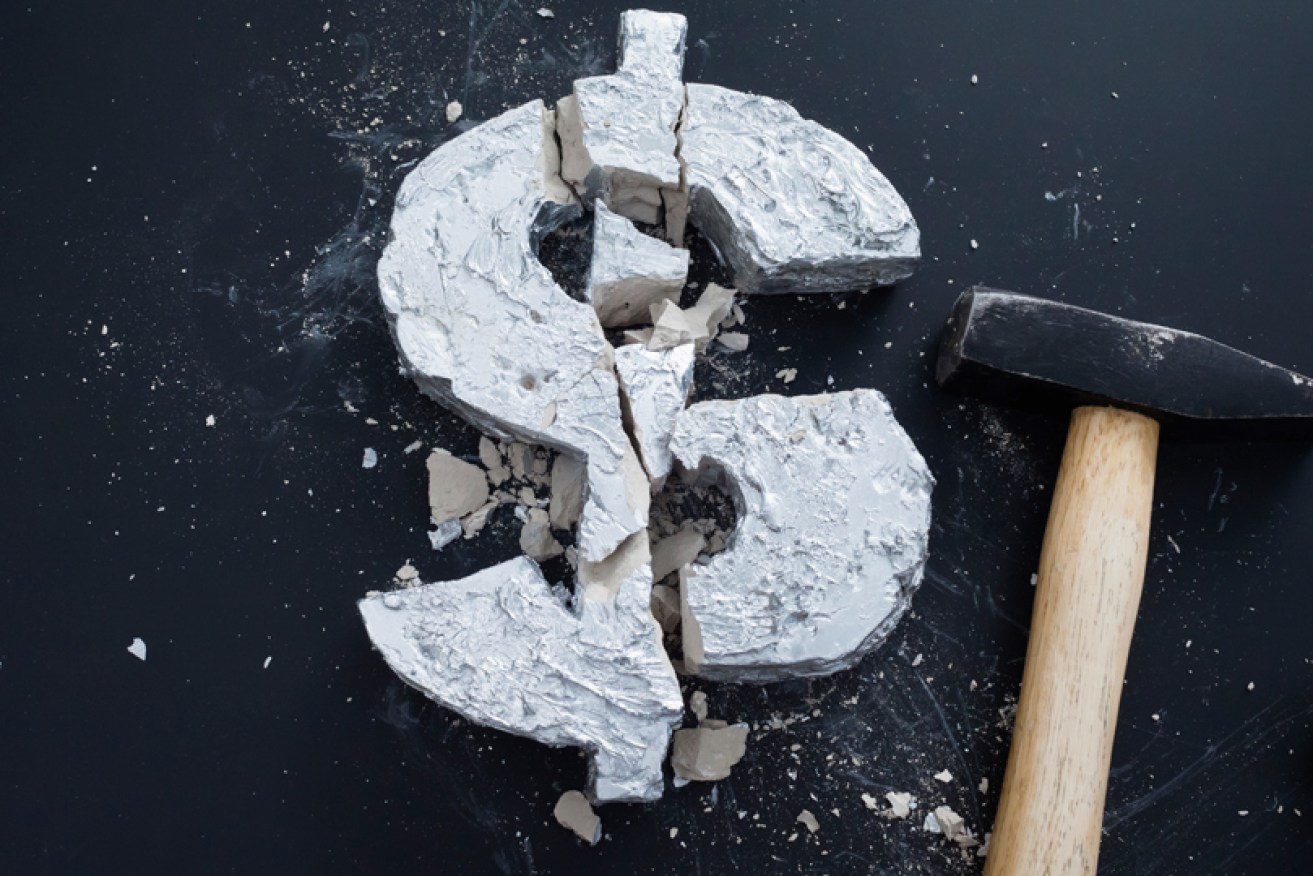Self-managed super tax jumps $1.5 billion with Turnbull reforms


Payday lending can lead to further financial strife. Photo: Getty
The tax bill for self-managed super funds has jumped $1.5 billion since the introduction of the Turnbull government’s superannuation reform package last July, according to new figures.
SMSF research group Class Super found that following the introduction of the $1.6 billion tax-free pension cap last July, $200 billion in SMSFs was moved out of pension phase back into accumulation. That resulted in a 90 per cent jump in accumulation funds from $222 billion to $422 billion.
And if Labor is elected, its proposed changes to dividend imputation rules could see an extra $1.03 billion added to that, analysis from The New Daily has shown.
The move came as people with funds in tax-free pension mode were forced to move back into accumulation, where returns are taxed at 15 per cent, because they had triggered the $1.6 million tax-free limit. It meant that, overall, 25 per cent of SMSF assets in tax-free pensions were forced to move out.

SMSF tax has almost doubled. Source: Class Super
In the year to June 2017, SMSFs paid $1.7 billion in tax on their earnings, Class Super found. The implementation of the $1.6 million cap meant that an extra $800 million was due in tax by funds moved from pensions into accumulation and another $200 million was paid by funds moving from transition to retirement pensions (TRIS) to accumulation or being taxed in TRIS last financial year.
Add to that $500 million in extra tax generated by fund growth and the total tax increase is $1.7 billion.
A further $1.03 billion at least would be added to that figure if Labor wins the next federal election. That will result from its pledge to ban the cashing out of franking credits earned from dividend imputation.

Source: Class Super
Currently taxpayers can receive cash back for tax paid by companies on profits if their personal tax rate is lower than the company rate of 30 per cent.
Funds in pension mode are tax free, so members get back 15 cents in the dollar from the government for doing nothing via the imputation system.
If Labor scraps that policy then about $174 billion in share investments in accumulation funds inside SMSFs would lose imputation cash-back payments. If they earn an average of 4 per cent in dividends, which are then taxed at 15 per cent in SMSFs, government coffers would be boosted by $1.03 billion a year.
As much as another $500 million could be added to that when dividends received through investment trusts are added.
Another consequence of the tax changes to super appears to be higher balances for female SMSF members, Class found. That is driven by male members splitting contributions with their female partners to get around reductions in contribution caps.
Another factor driving that change has been a rise in re-contribution, where funds on which contributions tax has been already paid are taken out and re-contributed as non-concessional payments in the name of partners who have not used up their contribution or pension caps.
The increase in tax paid by SMSF members may be driving the lower growth in that sector in recent times. In the three months to March this year ATO figures show that the amount of money in SMSFs fell from $720 billion to $712 billion.









